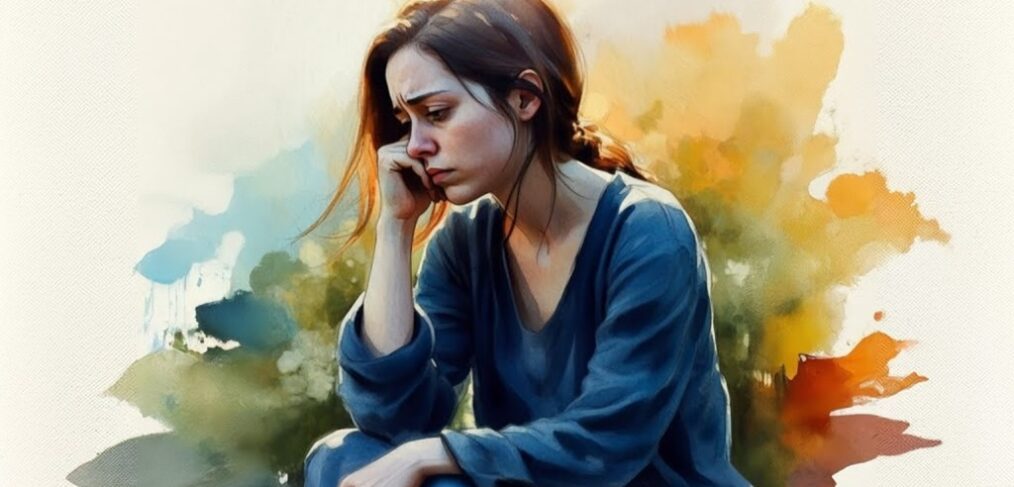
Understanding Your Reactions to Hardship and Tragedies
You are in control of your life. It may not always seem like it—you don’t have control over all the circumstances that may impact your life. However, you do have complete control over the determining factors—what circumstances affect you and influence your decisions. Everyone faces tragedies, heartbreaks, and hassles, but not everyone reacts to them in the same way. You can bounce back even if it doesn’t always feel that way. You can continue to love yourself and make the best life for yourself, even when circumstances seem dire.
The short term is hard
When faced with tragic events, your immediate reaction is often powerful and uncontrollable. Unexpected and extreme emotions take time to understand. It’s challenging to process intense feelings in the short term. In the face of a tragedy, your emotional reaction will be what it will be. And as painful as that is, it’s healthy to let those emotions have full sway. The pain and shock can be overwhelming, so it’s essential to lean on those close to you who can help you cope and keep you safe. With time, you can begin to address your reaction and how the event will impact your life, and you can decide how the event will affect you. Your emotions will run their course—you can’t dictate how you feel—but you can make decisions to help you get your emotional landscape back where you want it.
Love yourself and be with people who love you
When everything seems to be going wrong—when it seems the world is against you—you must remember who’s on your side. It’s hard to continue to think the world is against you when you are with people who love you. It’s even harder when you can maintain the conviction that you love yourself. If you have a string of bad luck or heartbreaking events, you may feel you deserve them. But when you love yourself, you have a built-in defense against catastrophizing. The world can’t be that bad if you live in a place of love and peace. And you can always find love and peace if you love yourself and surround yourself with others who love you.
You are in the driver’s seat
You are responsible for your responses to your emotions. Even though your emotions are often an automatic response to events and conditions, the responsibility for them is yours and yours alone. You can’t help what you feel, but you are responsible for your response to those feelings. It can be tempting to blame others when you face hardships, and yes, others are at fault for some tragic events and conditions. But when you abdicate responsibility for your response to your emotions, you give others power over you—power that is rightfully yours. Realizing this can give you a great sense of freedom: freedom to act in ways that will give you happiness, fulfillment, peace, and freedom from others’ control over you.
Events and conditions are not always in your control, but your reaction is. Your decisions will influence your life; be sure you make good ones.



